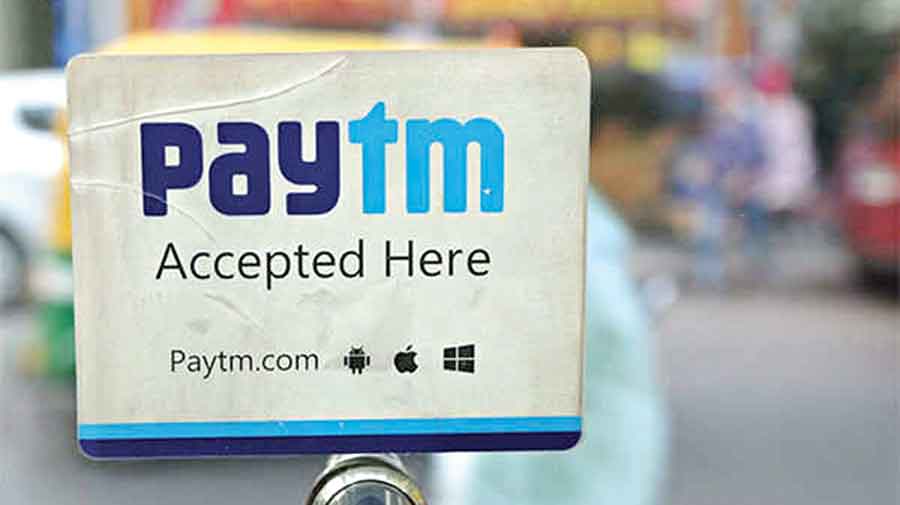Capital markets regulator Sebi on Friday tightened disclosure norms for companies going for initial public offers, insisting that they should share more details on pricing.
The changes cleared by the Sebi board at its meeting on Friday include disclosures about the price at which the institutional investors have bought shares going back to up to 18 months before the Initial Public Offering (IPO).
The new norms, which follow heavy erosion of investor wealth in recent IPOs like Paytm and Zomato that led to concerns about the offer prices, will be applicable for all issuances.
Sebi Chairperson Madhabi Puri Buch said new-age technology companies or loss making companies cannot be assessed by the same financial parameters and the regulator felt that there is a need to end the information asymmetry.
"It will give a better basis for the investors to make their investments," she told reporters at the post-board meet press conference here.
Sebi proposals include mandating the issuers to disclose the offer price based on past transactions and fund raising activities.
"The board approved the proposal to mandate the issuers coming out with IPO, to make disclosure of Key Performance Indicators (KPIs) and price per share of issuer based on past transactions and past fundraising done by the issuer from the investors under 'Basis for Issue Price' section of the offer document, and in Price Band Advertisement," Sebi said in a release.
Presently, issuer companies, in addition to the audited financial numbers, also disclose their key numbers on various key performance indicators in different sections of Draft Red Herring Prospectus (DRHP) which are not covered in the financial statements in the offer documents.
The move comes against the backdrop of many new-age companies, that do not have a track record of having an operating profit at least in the preceding three years, tapping the IPO route to raise funds. Such firms generally remain loss-making for a longer period before achieving break-even as they opt for ways to gain scale of operations rather than profits in the initial years.
"Issuer shall disclose details of pricing of shares based on past transactions and past fund raising from investors by the issuer prior to IPO," Sebi said in its board meeting.
Such companies should make disclosures about their valuations based on issuance of new shares and based on secondary sale of shares, during the 18 months period prior to IPO, it said.
In case there are no such transactions during the 18 months period prior to IPO, then information should be disclosed for price per share of issuer company based on the last five primary or secondary transactions, not older than three years prior to IPO.
Also, companies need to disclose Weighted Average Cost of Acquisition (WACA) based on primary/ secondary transaction(s) and IPO floor price and cap price being these many times the WACA in the offer document and in the price band advertisement.
In addition, the committee of independent directors should recommend that the the price band is justified based on quantitative factors and KPIs vis-a-vis the WACA of primary issuance or secondary transaction(s), it said.
Meanwhile, the board of Sebi also approved a proposal introducing an alternative mechanism by permitting "pre-filing" of offer documents for companies contemplating IPOs.
Buch said this is a move on the liberalisation front aimed at offering the flexibility for issuers who are not forced to share confidential data for all to see, and will also help the investor to have a look at Sebi's observations for a longer period of 21 days as against present 5 days.
Under this, an issuer should make "pre-filing" of offer documents with Sebi and stock exchanges without making it available to the public for an initial scrutiny period only.
"Pre-filing mechanism allows issuers to carry out limited interaction without having to make any sensitive information public. Further the document which incorporates Sebi's initial observations would be available to investors for a period of at least 21 days, thereby, assisting them better in their investment decision making process," the regulator said in a press release after its board meeting.
The existing mechanism of processing offer documents should continue in addition to this alternative mechanism of pre-filing.











